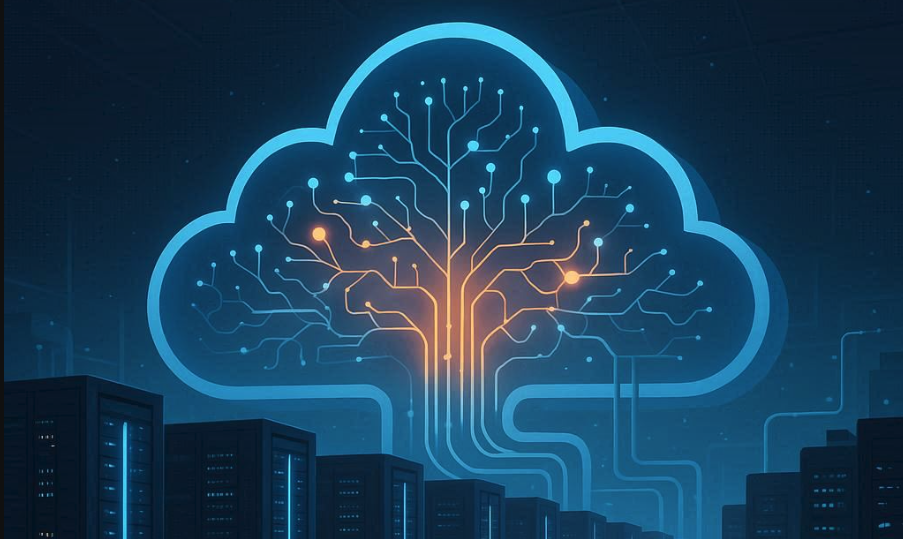YC Demo Day 2025 | 매거진에 참여하세요
YC Demo Day 2025
#demoday #YC #message #agent #infra #BM #future #trend #AI #2025
YC Demo Day 2025: AI Apps to AI Agents
One of the most exciting events in the startup world is Y Combinator (YC) Demo Day.
It’s more than just a showcase , it’s often a preview of where technology and business models are heading in the next few years.
This summer, the trend was impossible to miss.
It’s no longer about simple AI apps. The spotlight has shifted to AI agents and the infrastructure that powers them.
Why Agents, and Why Now?
Back in 2023–2024, the AI boom was all about apps.
Think writing assistants, summarization tools, and image generators , most of them built as wrappers around the ChatGPT API.
The problem? Differentiation was hard. Many products looked the same, and the moat was shallow.
But user expectations have evolved. People no longer just want “AI that gives answers.”
They want AI that gets things done.
When you say, “Plan my business trip,” you don’t just want recommendations.
You want an AI that actually finds flights, books the hotel, and sends you the itinerary.
That’s the essence of an agent.

What We Saw at YC
Two clear themes emerged this year:
Agent-focused startups
- Agents that handle your inbox.
- Agents that resolve customer tickets end-to-end.
- Industry-specific agents (healthcare scheduling, compliance automation, etc.).
Agent infrastructure startups
- SDKs and APIs to make agent development easier.
- Data pipelines, monitoring, and security layers.
- Platforms for running agents faster and cheaper.
- In other words, the center of gravity is shifting.
The future isn’t just about shiny apps, but about the invisible systems running behind them.

Why Investors Love Infrastructure
From an investor’s perspective, infrastructure is far more compelling than apps.
Apps can be trendy, but trends fade. Infrastructure, on the other hand, is sticky.
Once startups and enterprises build on it, switching costs are high.
On top of that, infrastructure lends itself well to usage-based pricing, a more predictable and scalable revenue model.
YC Demo Day 2025 wasn’t just a parade of cool products.
It was a signal of where the market is heading.
What This Means for Startups
For founders, this shift is an opportunity.
Highly regulated industries like finance, healthcare, and education are full of workflows that can be automated by agents.
Think hospital scheduling, patient communication, or insurance claims. Each of these could be transformed by an AI agent
saving time, cutting costs, and improving experience.
The message from YC this year was clear:
The future of AI startups lies in agents and the infrastructure that enables them.
The next wave of competition won’t be about who can build the flashiest app.
It will be about who can create robust agent ecosystems—and who provides the rails for everyone else to build on.
And that’s where the real global opportunities lie.






